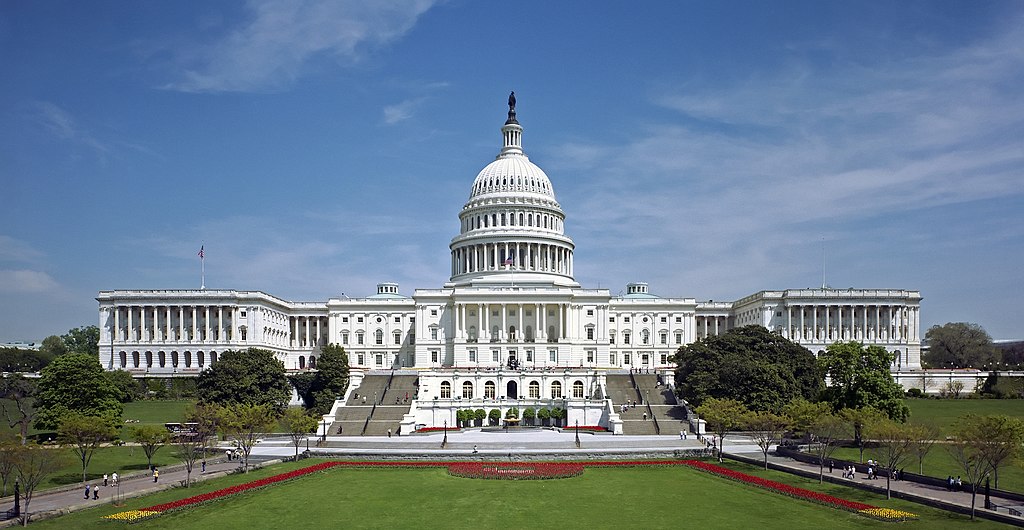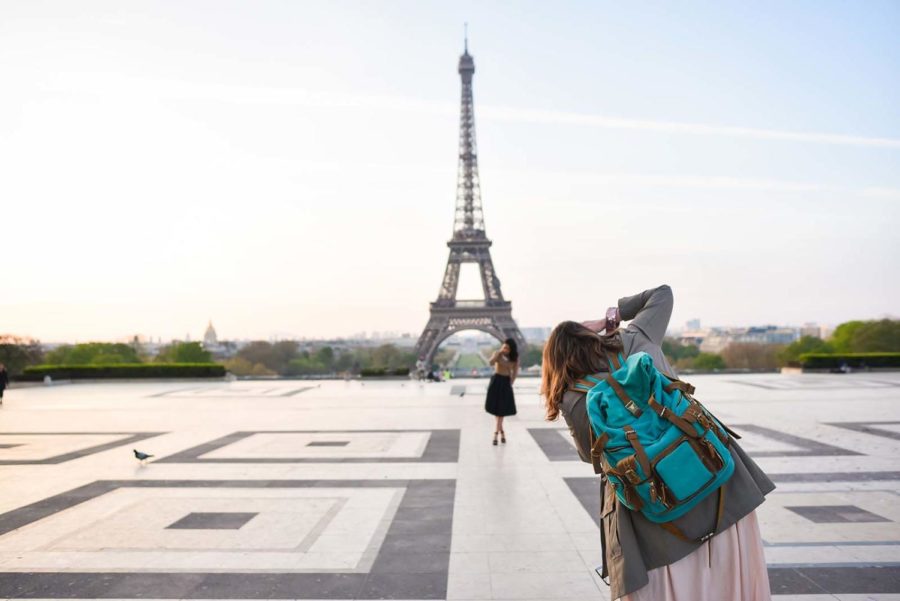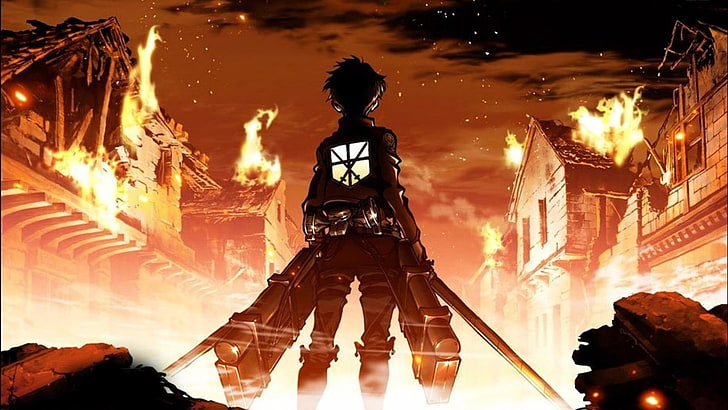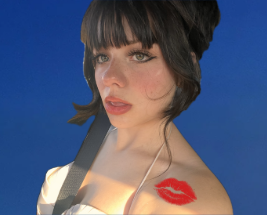There have been many big headlines these past few weeks, such as Taylor Swift’s getting engaged to Travis Kelce, Selena Gomez getting married to Benny Blanco and the popular singer D4vd being under investigation for murder. If you keep up with news, you have probably heard all these headlines, plus more.
But did you know that the government shut down last week? Did you know that multiple states are suing the Trump administration for the wrongful deployment of the National Guard? Did you know it’s officially been two years since Israel’s brutal October 7th attack on Gaza?
The United States modern day politics are the messiest they have ever been, yet the only big headlines have been about popular culture and celebrities. What does this mean for the future of politics? What does this mean for the future of the United States of America?
With increasing forms of social media becoming more popular everyday, it gets hard to find accurate news. And with all the varying headlines and situations happening concurrently, it is hard to find the motivation to read about the world. But Gen Z shows an alarming trend of caring more about pop culture than the real issues of the world.
According to Pew Research Center’s study, 63% of Americans shared that they use social media daily. In a separate study done by BBC, 53% of Americans have admitted that they get their news from social media platforms. These large percentages can give an idea of the influence social media can tend to hold. The most popular forms of social media are currently Instagram and TikTok, which are largely opinionated apps.
Eleanor Roosevelt High School students of varying ages were interviewed and asked about political news and pop culture news. The topics varied from popular singer Taylor Swift to infamous conservative activist Charlie Kirk.
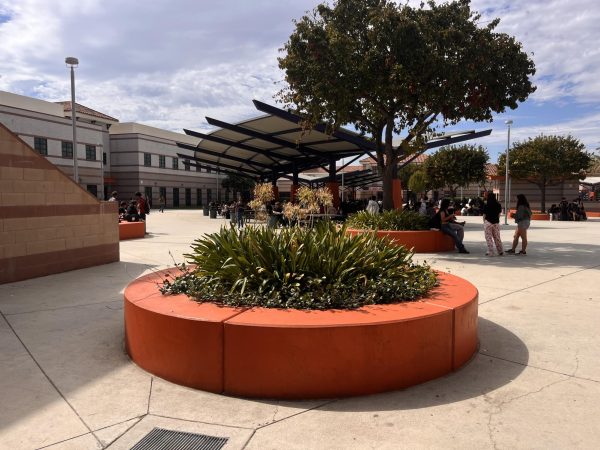
Hayden Marquez, a junior, had balanced knowledge on both pop culture and modern politics. Marquez said, “I hear about a lot of things through classmates and school, I get my information from that, not really much on social media.” She continued, “I think I am more balanced on my knowledge because I’ve always been taught history and my parents tend to be more political.”
Another student, Brianna Lopez, a freshman, knew more about pop culture. Lopez said, “I listen to a l0t of music, and I mostly just follow artists, so I don’t think I see much more than that.”
Lopez knew more about celebrity drama and gossip instead of politics, but Lopez admitted that she tends to use social media more often. Marquez said she does not use social media as often though, and she tended to be more balanced on her knowledge of political issues and popular issues.
Another student who opted to remain anonymous said, “I do not follow politics closely. I don’t think it affects me that much since I am only a teenager.” This student openly admitted to using social media for most news they had known, and tended to know more about pop culture.
The effects of social media and popular culture on political education have made a good amount of people unaware of the current state of the world. Though social media is partly to blame, we must also shift our focus to accountability around individuals knowledge. Social media usage will not decrease and misinformation will not stop, so personal responsibility should be taken and the decision of becoming more educated on the world around us must be made every day.

